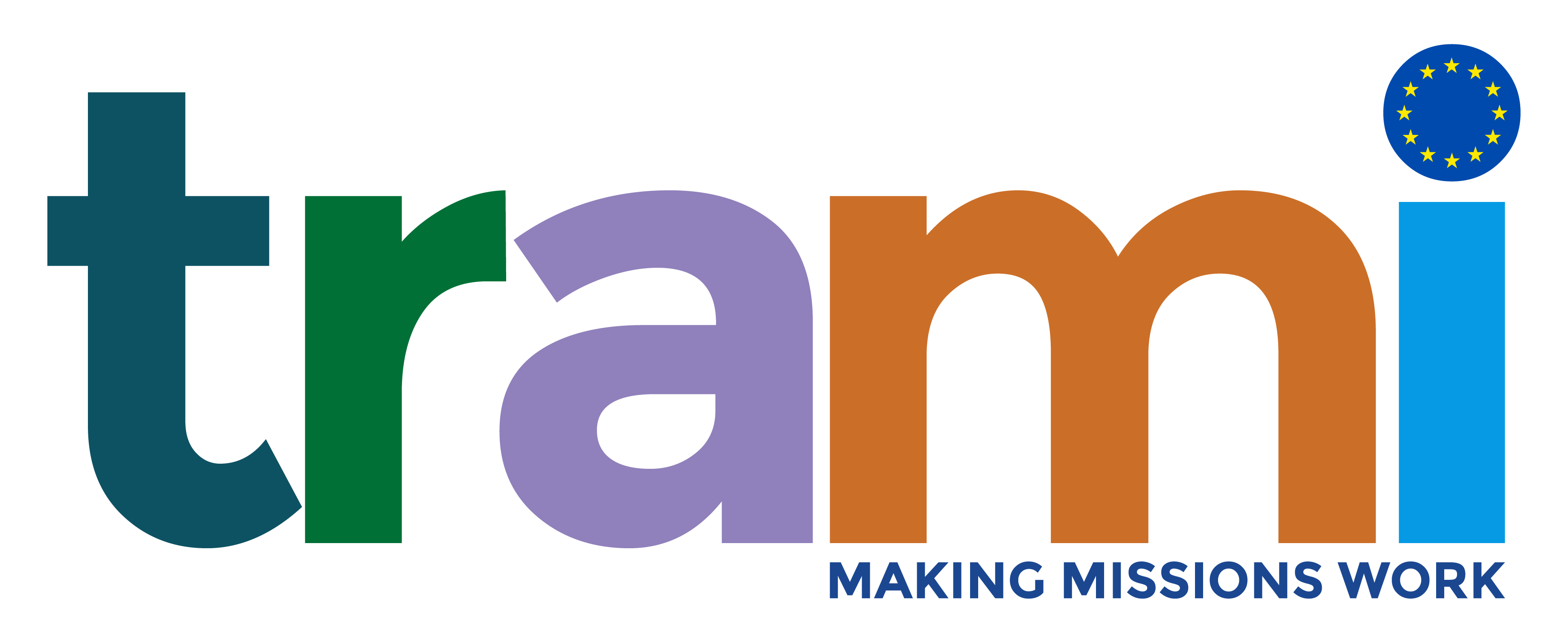Meet and Monitor the Missions
The Trami project, supported by the European Union and the European Mission Network (EMiN) members, aim was to bridge the gap between EU-Missions and everyday citizens by transferring the mission concepts and goals into their daily lives. Currently, EU-Missions are often distant and abstract for policymakers and research institutions, but involving citizens with their practical knowledge and local connections is essential for effectively integrating these missions into society. To facilitate this, a workbook has been created to outline the necessary framework for participation procedures and serve as a guide for workshops involving experts with real-life experience to aid in the mission scheme's implementation.
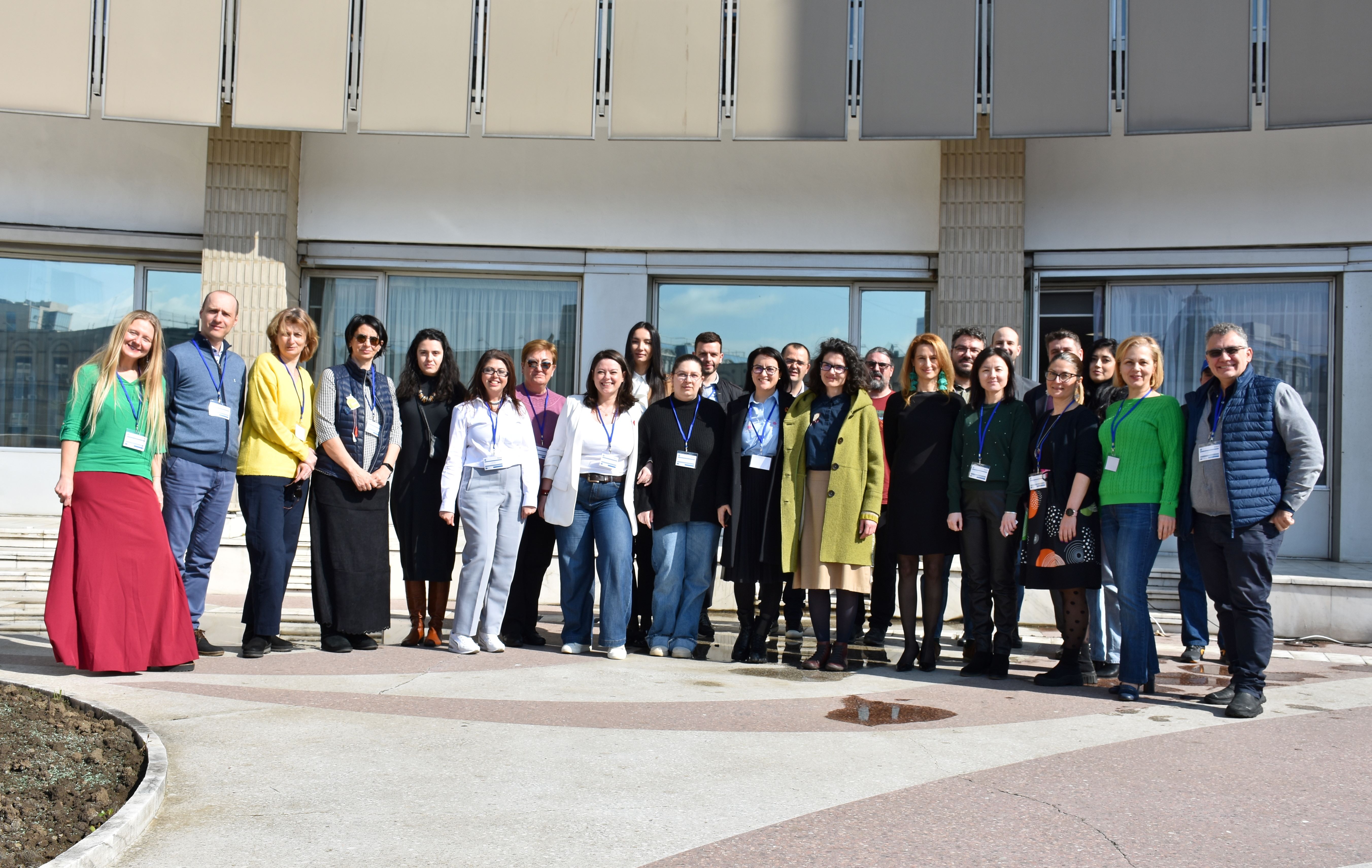
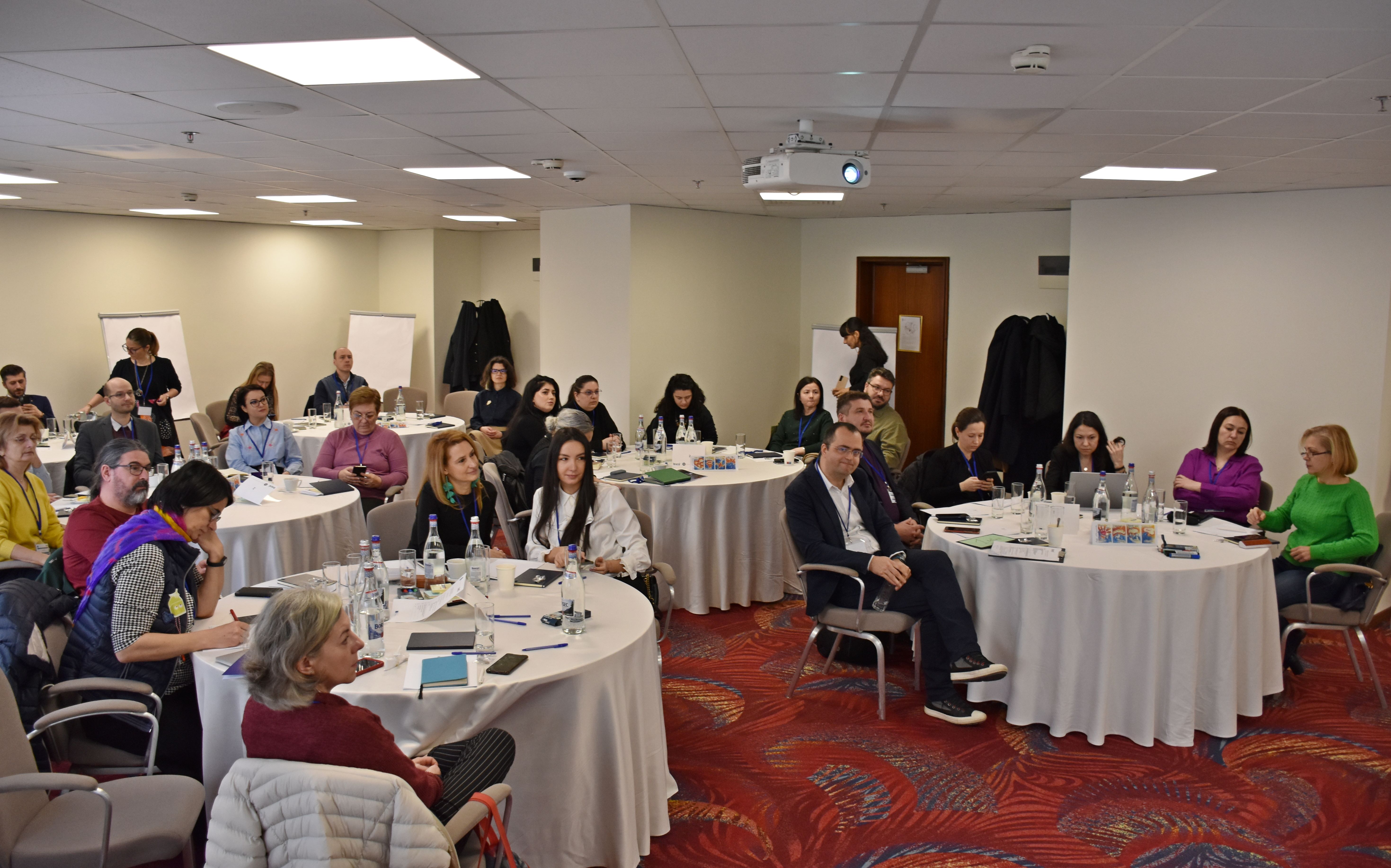
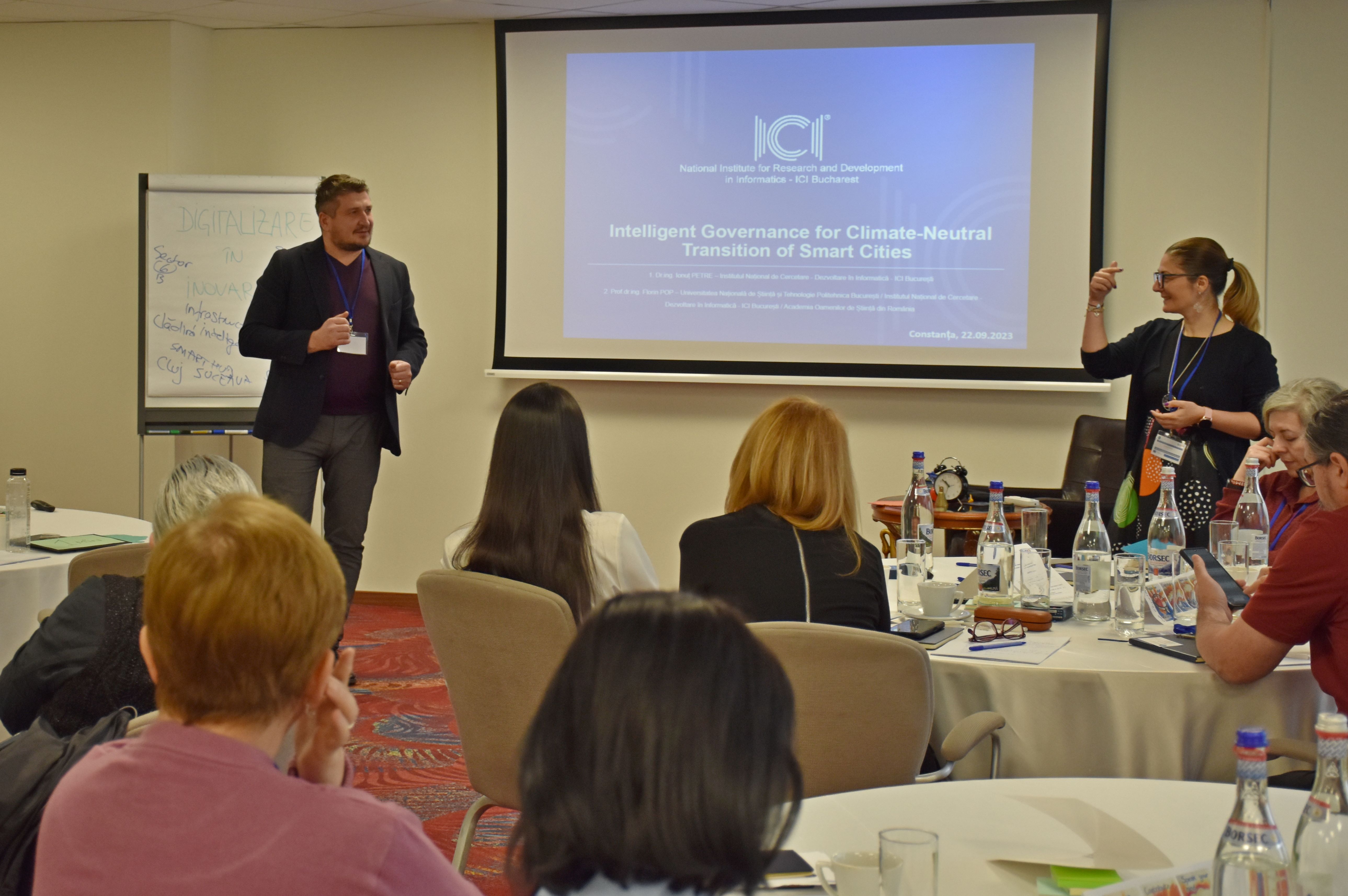
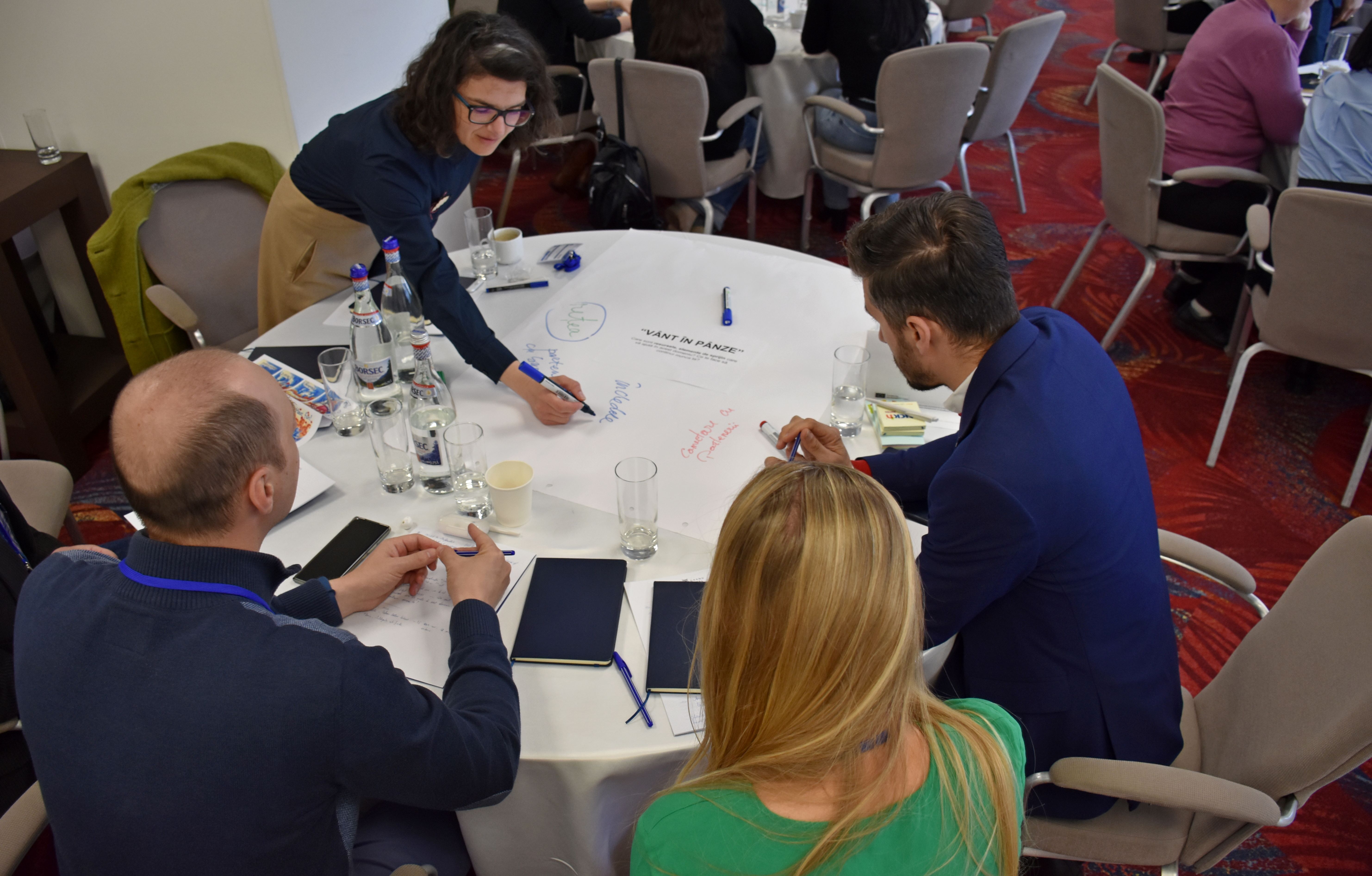
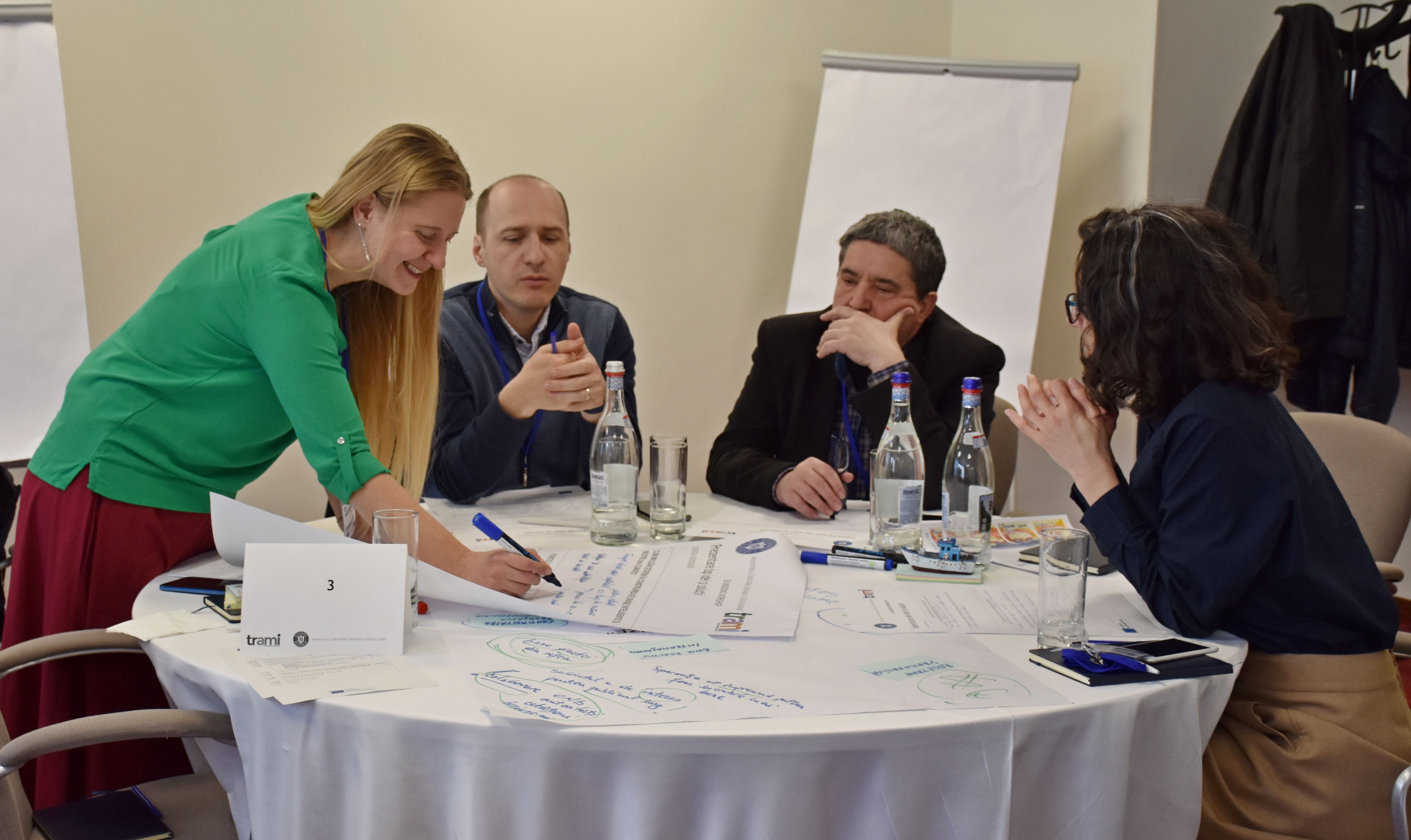
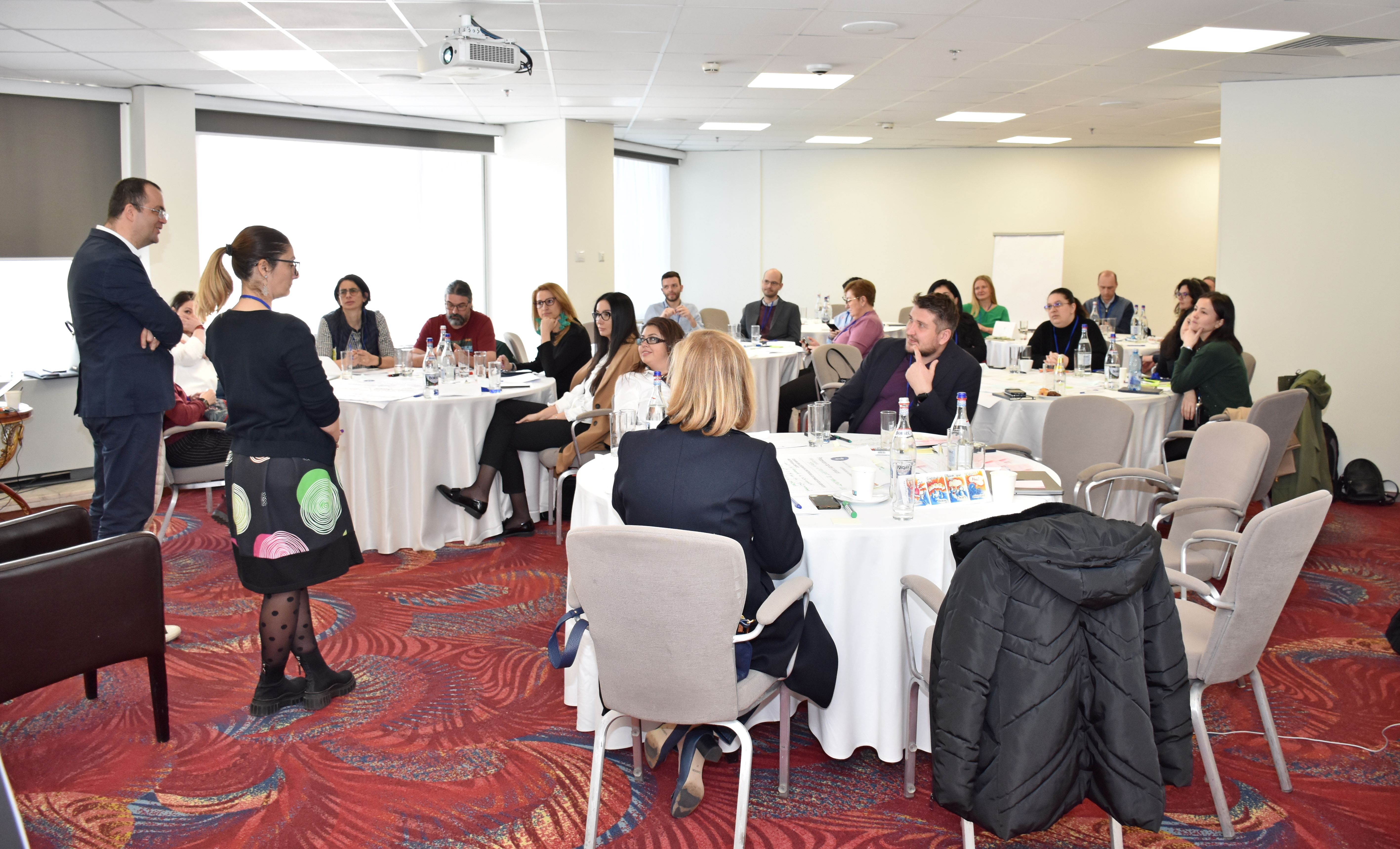
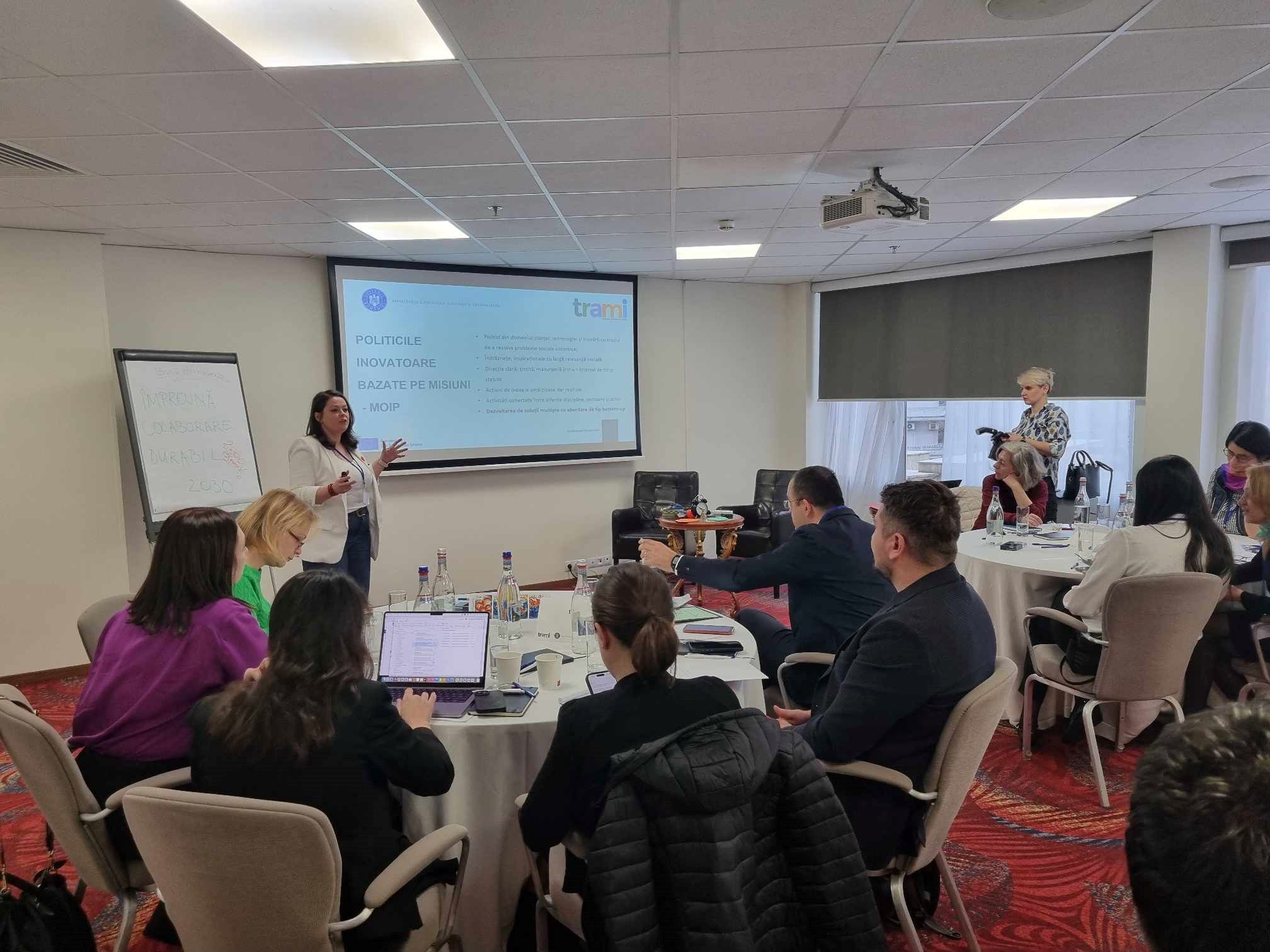

We can do this and together we are stronger!
This was the main conclusion of the second Meet& Monitoring event organised by TRAMI, on the 21st of March in Bucharest, the capital of Romania when over 30 NGO’s and public authorities’ representatives met to discuss how to make Missions work in building smart and climate resilient cities.
Romania has countless individual initiatives promoting smart and climate neutral cities, but very few actors are aware that their efforts are contributing to the Missions objectives. The event was a perfect opportunity for the practitioners all over the country to meet, exchange ideas and have fruitful debates about how to build smart and climate resilient cities. The conference also offered the chance for Romanian experts to present the TRAMI project and to make the audience aware of the missions oriented innovation policies.
Some of the main ideas generated by the events were:
If I had the power and a considerable amount of money, I would promote the administrative capacity to integrate, create and advocate for the creation of civic networks:
- Intelligent local transport system;
- Local innovation centre, at neighbourhood level, for building smart & green neighbourhoods, with the involvement of actors and the local community;
- Participatory financing – projects proposed and implemented by the community;
- Building a platform of ideas and encouraging contests of ideas;
- Creation and professionalization of the job of "community facilitator" at local administration level.
